Rail strikes saw deserted platforms across Tayside and Fife in June but could the same happen in July?
Services through Dundee, Perth, Fife and beyond ground to a halt for three days in June over a UK-wide dispute involving Network Rail staff concerning jobs and conditions.
Only a handful of routes serving Edinburgh and Glasgow operated during the strikes on June 21, 23 and 25.
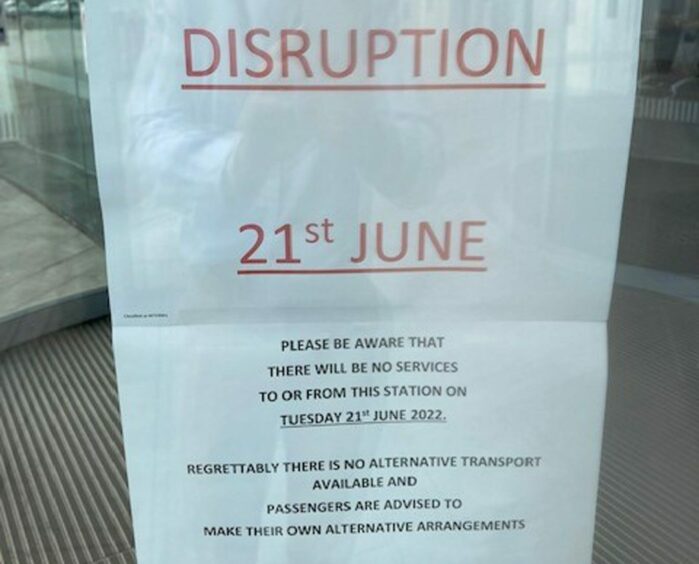
Mick Hogg is regional organiser for the National Union of Rail, Maritime and Transport Workers (RMT).
He describes further industrial action as “inevitable”.
But he says crunch talks between union and rail bosses could prevent a repeat of the June strikes.
“You’re always optimistic. You’ve got to be.”
’14 day window’ to resolve dispute
By law, trade unions must give 14 days’ notice if they intend to take industrial action.
“There’s a 14 day window. That will allow all parties to get together and find a solution.”
The RMT’s National Executive Committee will decide in the coming weeks if more strike action is on the cards.
Mick says the union would like to see “no preconditions on the table – a fresh, blank piece of paper”.
He adds: “The dispute is clearly about equality and fairness at the end of the day.
“We pull no punches in terms of what the dispute is about.
“All we’re seeking at the end of the day is a fair, square deal for our members, who have been treated with absolute contempt, particularly during the pandemic.”
What is the dispute about?
RMT bosses say the union did not rush into the strikes staged in June.
They issued a briefing ahead of the recent, UK-wide, industrial action, stating:
“Far from ‘jumping the gun’ the action is a last resort after two years of discussions where the industry and UK Ministers failed to address concerns on jobs, pay and conditions.”
A key aspect of the dispute is what RMT bosses describe as “the threat of thousands of compulsory redundancies”.
They say this will compromise safety and mean fewer staff at stations.
RMT members who were balloted include cleaners, catering staff, guards, engineers, signal workers and track workers.
According to union leaders: “Most rail workers are enduring two to three year pay freezes.”
What happens next?
RMT members voted “by almost nine to one in favour of strike action”. The turnout for the ballot was 71%.
And Mick says there is “no backing off” for rail workers.
“We returned an overwhelming ballot result which speaks volumes.
“Our members understand what the stakes are.
“Our members understand we might be doing this for the long haul. And if that’s the case, that’s the case.”
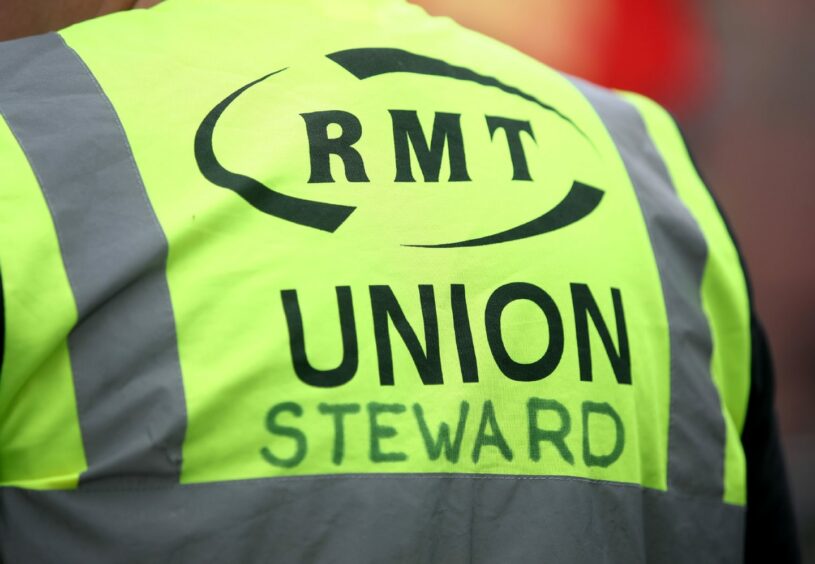
Meanwhile, ScotRail, which is not involved in the dispute, is braced for more disruption to its services across Scotland.
The June 21, 23 and 25 rail strikes saw no services call at stations north of Edinburgh.
It cut off Fife, Dundee, Perth and beyond from the network.
A ScotRail spokesperson says the company would only be able to run services where Network Rail could provide cover for signalling.
“If RMT announced further UK-wide strike action of its Network Rail members, the impact on ScotRail services would be significant with very limited services able to operate.
“As was the case on 21, 23, and 25 June, with such large scale disruption, it would not be possible to operate replacement buses or taxis because there are not enough available to replace the service.”
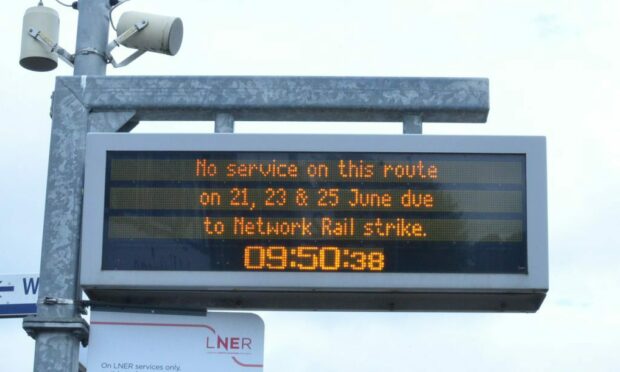
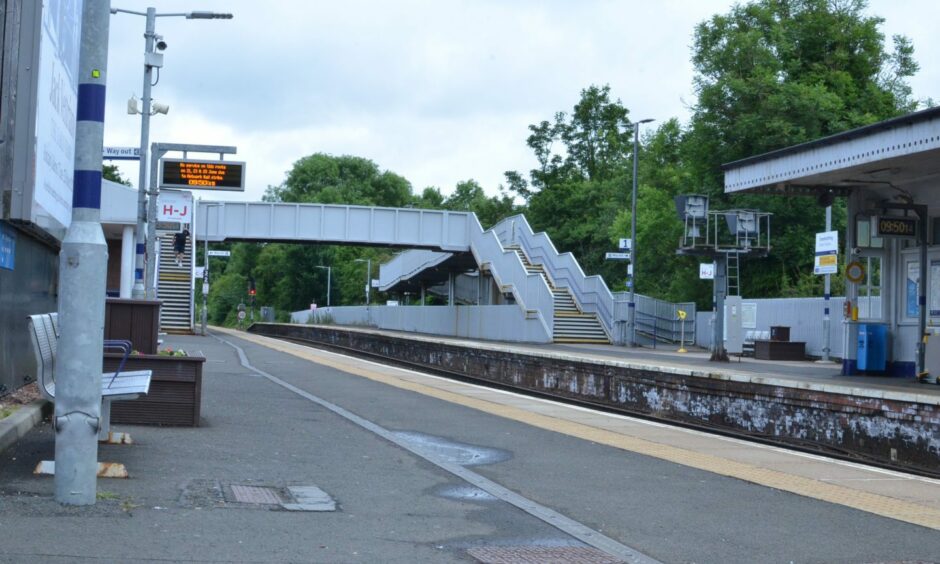
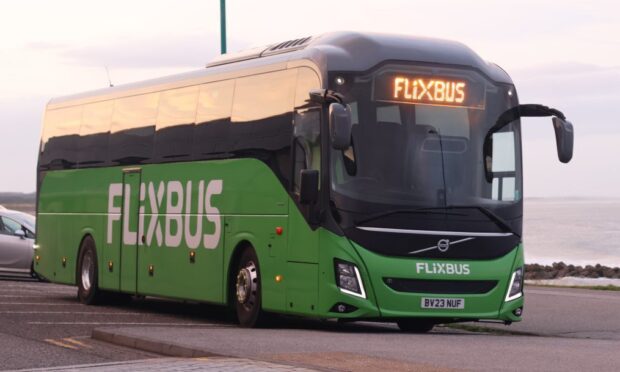
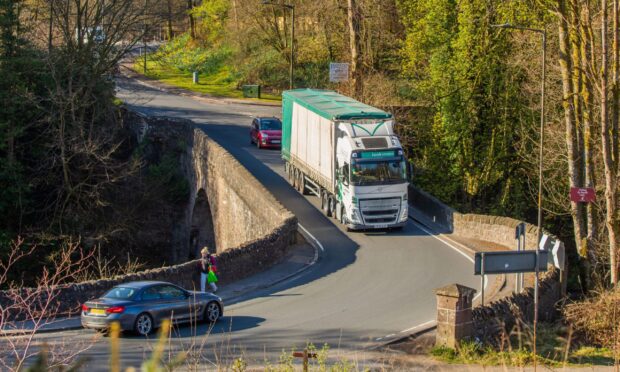


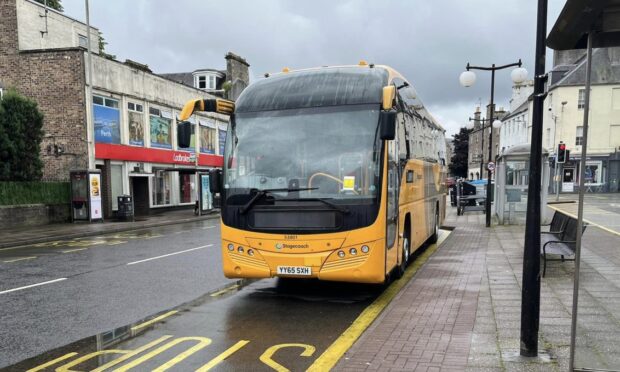


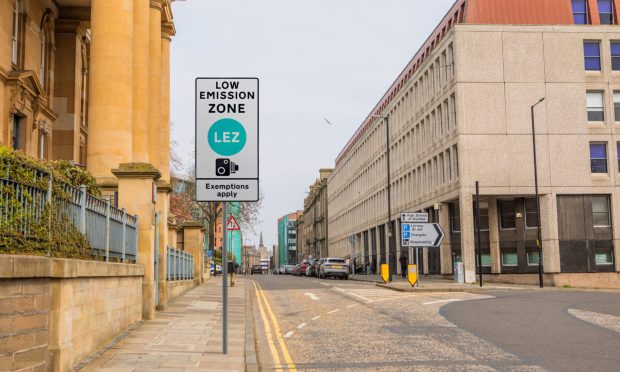
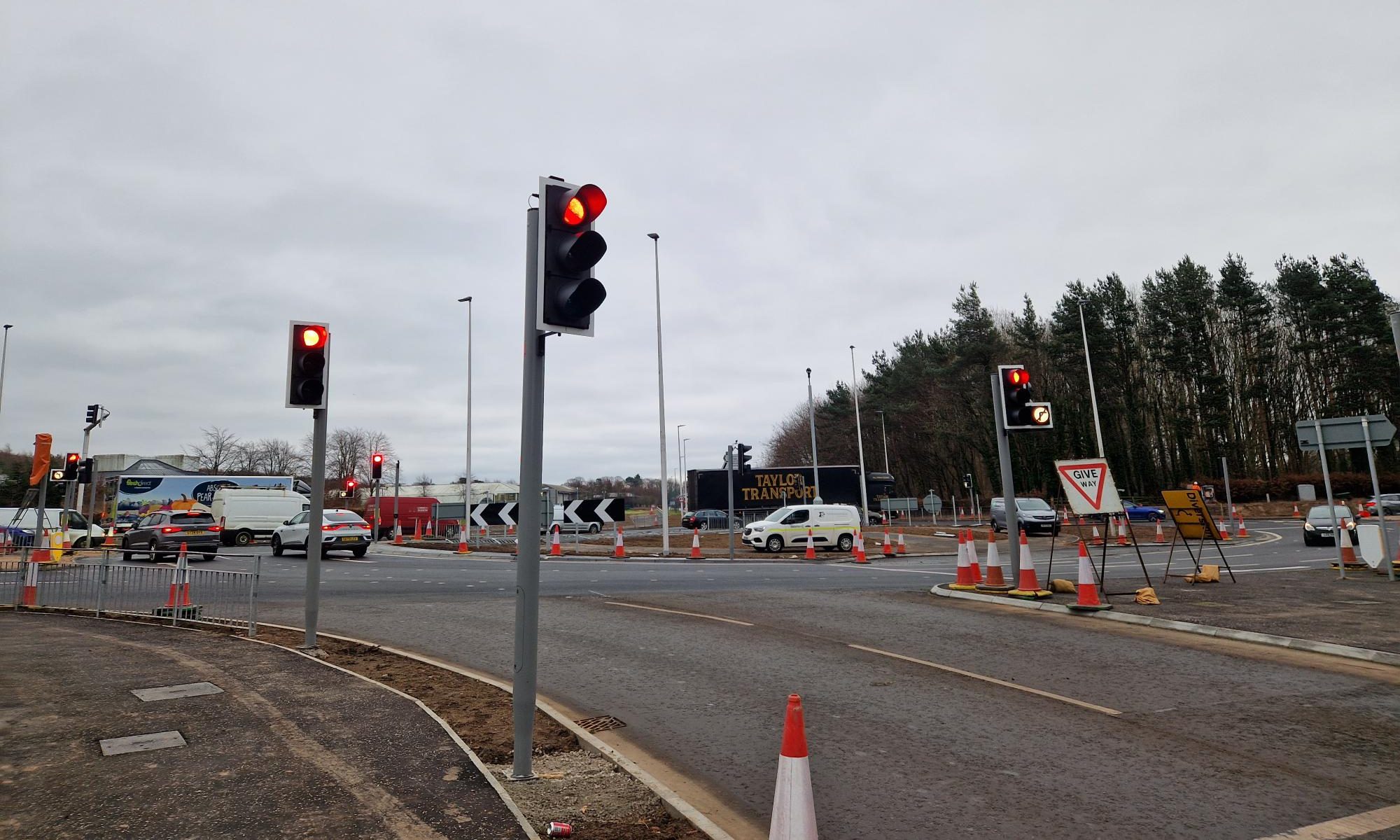
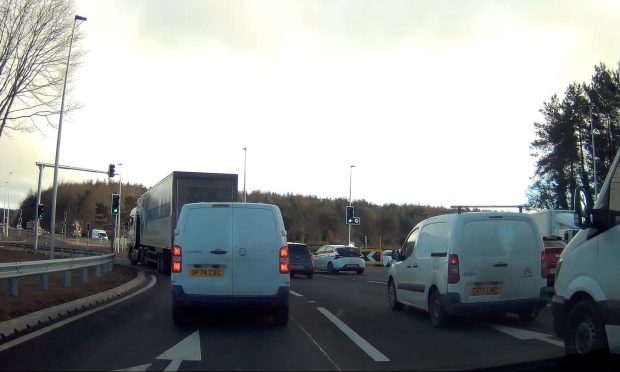
Conversation